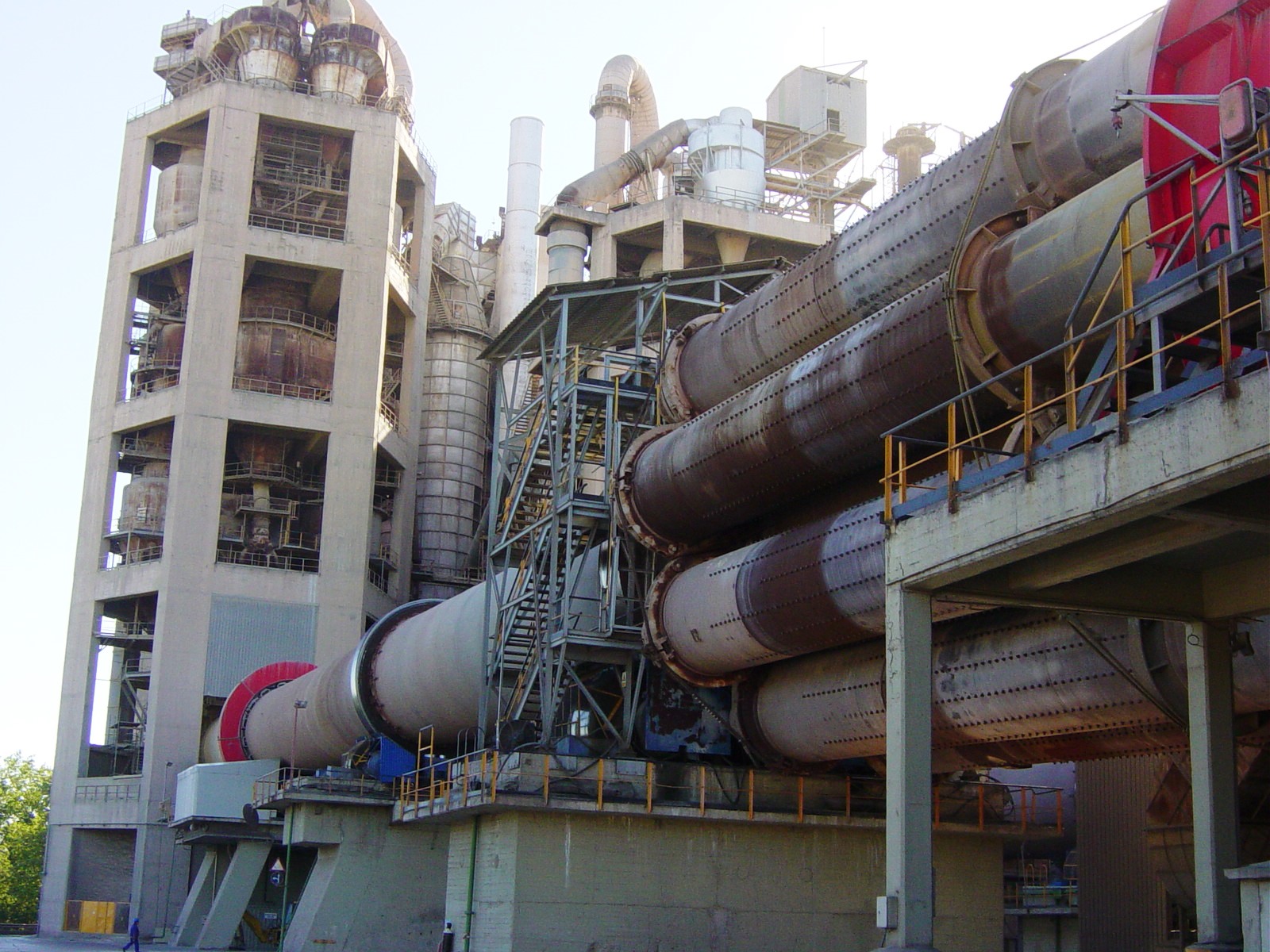The last meeting of the Voluntary Agreement for the efficiency in the use of resources, and the transition towards a Circular Economy of the Catalan cement industry, held between Ciment Català and the Department of Territory and Sustainability of Generalitat on November 11, has demonstrated the absolute compliance with the environmental objectives in terms of emissions from all Catalan factories. The meeting focused on the closing of the data for 2019, in which the Catalan cement industry invested 6.1 million euros in environmental improvements, mainly focused on reducing particle emissions from cement kilns, in the reduction of the visual impact, in the energy recovery of waste, in the quality of the discharges to water and in the reduction of smells emissions. This investment in 2019 has more than doubled that of 2018. The most significant differences with respect to were the investments made in the reduction of particle emissions from the cement kilns, with an investment of 3 million euros, and in the investments made in the reduction of visual impact, with a total of 1.4 million euros.
The working group, after presenting the 2019 aggregate report, found that 100% achievement was reached in all emission limit values for each of the emission sources into the atmosphere. These emission limit values do not exceed the emission levels associated with the use of the best available techniques established by the European Union. It also certified the companies associated with Ciment Català comply with the determinations of the Execution Decision of the EU Commission 2013/163 / EU, of March 26, 2013, which establishes the conclusions on the Best Available Techniques (BAT) for the manufacture of cement.
On the other hand, the energy substitution of 2019 remained at 34.97%, slightly higher than that of 2018 but still far from the goal for 2020 (60%). The lack of availability of competitive alternative fuels (more quantity and variety) was the main cause.
Among other issues, the meeting also analyzed the monitoring of the protocol for the definition of the ammonia target, which has been worked on since the end of 2018 and published at the beginning of 2020. Also, considering the results achieved with the 3 previous agreements, began to debate on the renewal or possible extension of the Voluntary Agreement. Finally, the representatives of Generalitat showed their interest in participating in the edition of the Roadmap for the carbon neutrality of the Catalan cement industry in 2050, a project that they considered very useful and exemplary, to the point that it will be used to incentivize industries in other sectors to develop a similar initiative.

